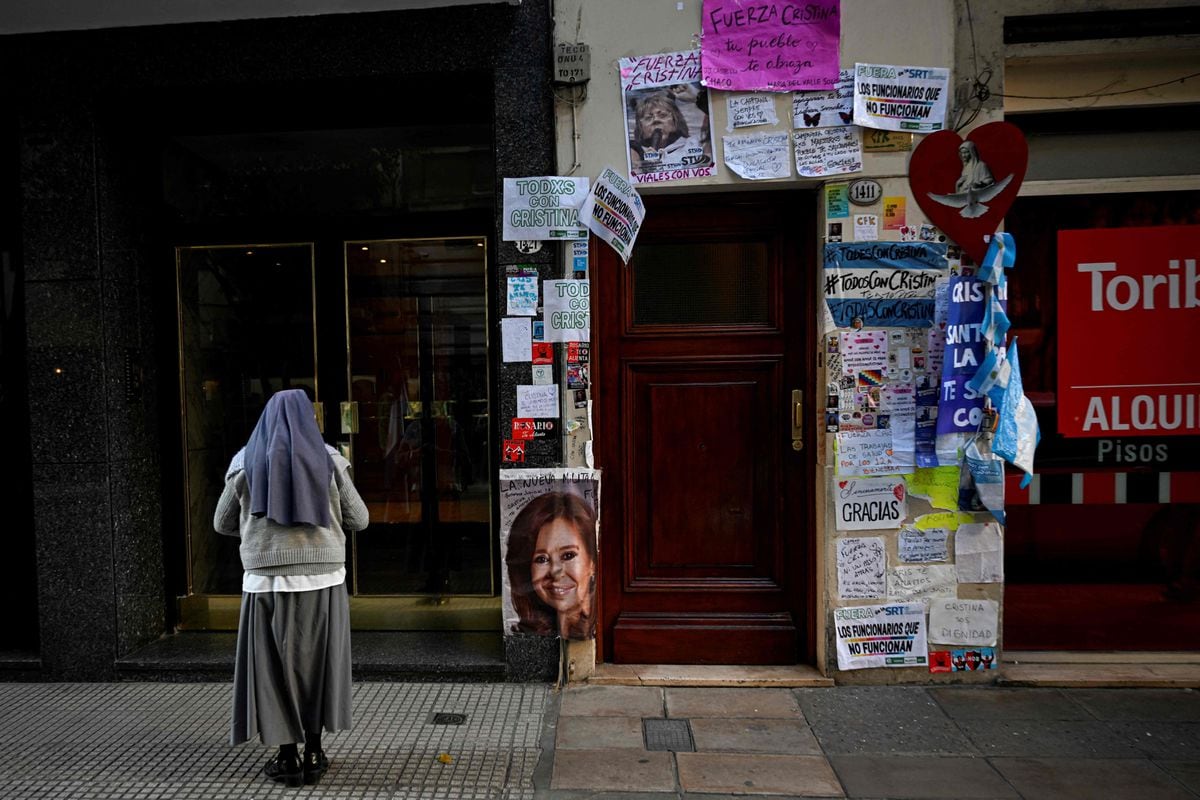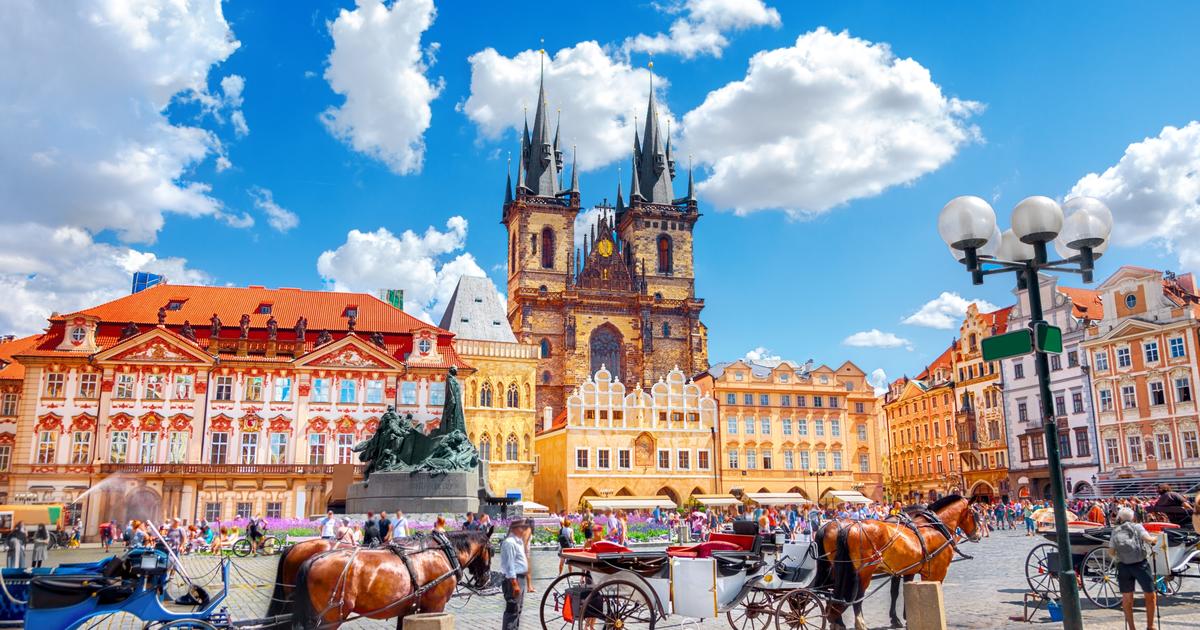A nun passes through the door of Cristina Kirchner's home, on September 3. LUIS ROBAYO (AFP)
The assassination attempt on the vice president of Argentina is not an isolated event.
It is one more episode of the growing political violence in which Latin America is trapped.
The only way out of this trap is a revolution, one that seeks to rebuild the social fabric.
We should not be surprised by the statement that we came out of the pandemic worse off.
Latin America is the region that suffered the most deaths per million inhabitants and the deepest economic crisis.
We are poorer, more unequal, more violent and less democratic than a decade ago.
Worst of all, there seems to be no clear path out.
That is why the region needs a revolution.
According to the Oxford dictionary, revolution is an "abrupt change in the social, economic or moral sphere of a society".
But of course, we cannot afford any revolution, there is no room for more violence in a world plagued by conflict.
In other words, it is
a drastic, massive and peaceful departure from the
status quo .
The
status quo
today is the extreme fragility of the social fabric.
On the one hand, we have a political system that hardly challenges its citizens.
The growing social disaffection with politics means that democracies have the lowest levels of satisfaction in decades, with weak political options, and increasingly polarized.
In recent years, we have also seen the return of coups in Bolivia, Brazil, and Honduras, now without soldiers, and the murder of hundreds of social leaders in Nicaragua, Colombia, Mexico, and Brazil has become natural.
The attempted assassination of Cristina Fernández de Kirchner is just one more episode in this chain.
At the same time, we live in a predatory capitalism that allows the capital of the richest to multiply at the same time that it multiplies poverty.
This system is supported by a culture of libertarian entrepreneurship that legitimizes fortunes made in less than a generation, so large that they allow CEOs to send ships into space, who, at the same time, fiercely resist the unionization of their employees who fight for a minimum salary.
Likewise, we are permanently connected by social networks that inject steroids into social confrontation.
Twitter and Meta algorithms trigger and encourage the viralization of confusion, confrontation and hatred.
Fake news is four times more likely to be shared on WhatsApp than true news, and hateful and confrontational messages are almost twice as likely to be
liked
.
Studies have shown that the Twitter algorithm promotes parochial sharing and makes violence visible.
The consequences in our societies are enormous.
Parallel to the frustration, anger and hatred, the Latinobarómetro surveys have detected profound changes in our culture.
Today we have more anomic, parochial and fractured societies.
The sense of “community” is weaker, with worrying levels of individualism.
Especially in our youth, there is a greater contempt for the collective, less confidence in "the other" and an attachment to smaller and more homogeneous circles.
That is why what is revolutionary today is the encounter.
It is not easy, it means breaking the inertia and resisting the economic, communicational and political incentives towards individualism and confrontation.
I propose three simple exercises, even if we have forgotten these practices, for anyone who works in public affairs.
The first is the revolutionary work of recovering the meaning of politics as negotiation, transaction, agreement and compromise between divergent interests.
Democratic politics is not a zero-sum game.
The second radical change that I propose is to return to look for common ground with the adversary, which makes us part of a community, and makes dialogue possible.
From there, we can dispute the differences.
The third exercise is to discuss policies (more or less taxes, public or private) and avoid the debate being about people.
This is a small task that requires leadership at the height of the circumstances.
If we manage to carry out these small exercises, I believe that this is where we will be able to start the revolution to rebuild the social fabric.
Matías Bianchi
is a doctor in political science and director of Southern Affairs.
50% off
Subscribe to continue reading
read without limits
Keep reading
I'm already a subscriber














